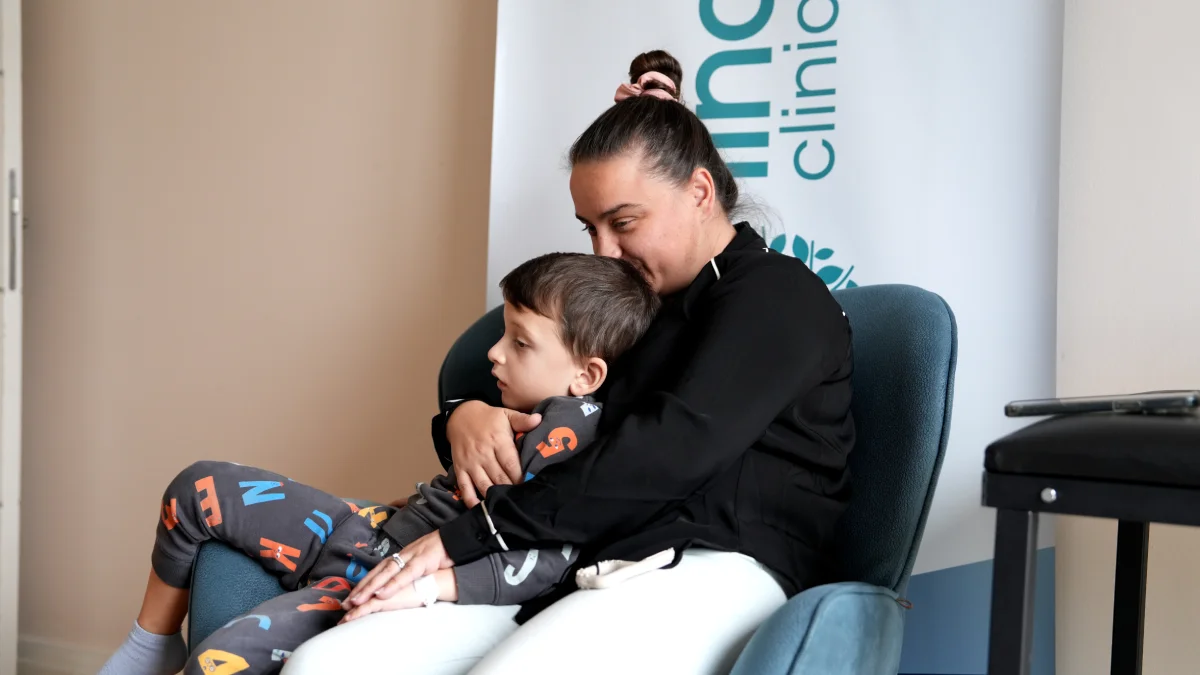As parents, understanding your child’s unique development is one of the most rewarding yet challenging parts of the journey. If you’ve noticed behaviors or developmental differences that stand out, you might be wondering: “Should I get my child assessed for Autism Spectrum Disorder (ASD)?” This question is more common than you might think, and seeking answers is a proactive and caring step. Early detection of ASD can open the door to tailored therapies, interventions, and support systems, helping your child thrive in their own way.
In this blog, we’ll explore when and why to consider an ASD assessment, signs to look for, and how the process can bring clarity and reassurance.
Table of Contents
Understanding Autism Spectrum Disorder (ASD)
ASD is a developmental condition that affects how individuals communicate, interact socially, and process the world around them. While every child is different, early diagnosis is key to unlocking their potential and providing the support they need.
When Should I Start Considering an ASD Assessment?
There’s no universal timeline for seeking an ASD assessment, but there are certain moments and signs that might prompt you to take this step.
1. Developmental Delays
Look for delays in key milestones, such as:
- Speech: Limited vocabulary or lack of age-appropriate communication.
- Motor Skills: Difficulty with coordination or delayed physical abilities.
- Social Interaction: Limited eye contact, unresponsiveness to their name, or lack of interest in peer play.
2. Repetitive Behaviors
Observe behaviors like:
- Rocking, spinning, or hand-flapping.
- Intense focus on specific objects or routines.
- Resistance to change in environment or schedule.
3. Unusual Sensory Reactions
Children with ASD often display heightened or reduced responses to sensory input:
- Overreacting to loud sounds or bright lights.
- Seeking out unusual textures, movements, or sensory experiences.
4. Parental Instincts
Never underestimate your intuition as a parent. If something feels “off” or inconsistent with typical developmental patterns, it’s worth exploring further.

Why Early Diagnosis Matters
Early assessment for ASD can bring numerous benefits for your child and your family:
- Access to Early Interventions: Programs like speech therapy, behavioral therapy, and sensory integration therapy can significantly improve outcomes.
- Tailored Educational Plans: Understanding your child’s needs helps in creating a supportive learning environment.
- Emotional Clarity: Knowing the underlying reasons for your child’s behaviors reduces confusion and empowers you to seek appropriate support.
At Linden Health, we emphasize that early identification isn’t about labeling—it’s about providing the right tools for your child to succeed.
How to Start the Assessment Process
Step 1: Speak to a Pediatrician
Share your concerns with a trusted healthcare provider. They can provide referrals to specialists, such as developmental pediatricians or child psychologists.
Step 2: Research the Right Professionals
Find clinics and practitioners experienced in diagnosing ASD. At Linden Health, our team understands the importance of empathy and precision during this process.
Step 3: Prepare for the Evaluation
Bring any notes, videos, or examples of your child’s behavior to the assessment. This helps the evaluator build a comprehensive understanding of your child’s needs.
Step 4: Plan for Post-Diagnosis Support
If ASD is diagnosed, ask about next steps, including therapies, educational resources, and, in some cases, innovative approaches like stem cell therapy.
Conclusion
Seeking an ASD assessment for your child is a courageous and loving decision. It’s not about fearing the unknown—it’s about embracing the possibilities. The earlier you understand your child’s unique perspective, the sooner you can provide the support they deserve.
At Linden Health, we are committed to helping families navigate the complexities of ASD with compassion and cutting-edge solutions. If you’re ready to explore your options or learn more about our services, we’re here to guide you every step of the way.
Remember, you’re not alone in this journey. Your child’s potential is boundless, and taking the first step toward understanding their world is a testament to your love and care.
